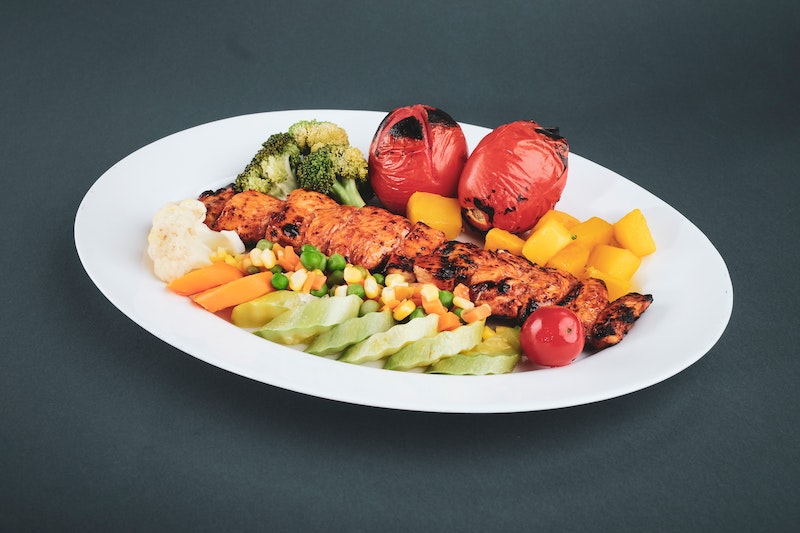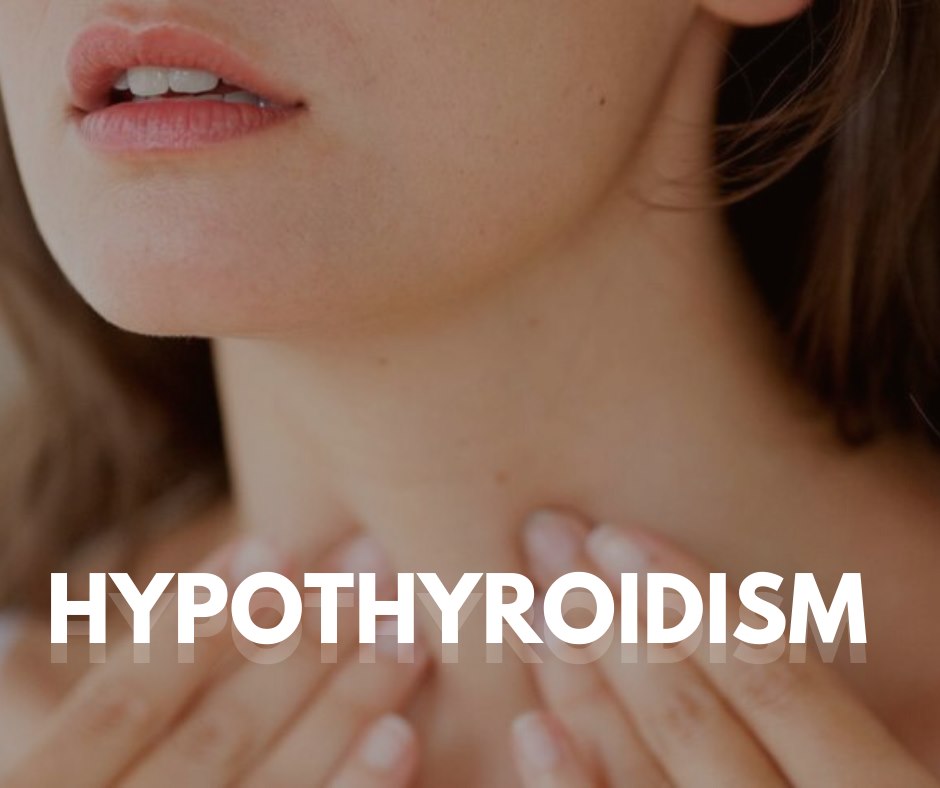Indian Keto Diet Plan for Vegans & Vegetarians

Are you a vegan or vegetarian , aspiring to keep your body fit with the help of Keto diet? Keto diet is normally associated with fish, meat,foul flesh, etc. In Fact a lot of people think that the keto diet is imperfect without all of this.Due to this reason, most of the Indians quit their thought of going for a Keto Diet.
A lot of research has been done which shows that a vegetarian diet is the healthiest diet of all. A vegetarian diet is much healthier than a non vegetarian diet and it also helps in curing a lot of diseases related to heart and diabetes. Thus, having an Indian keto diet plan for vegans & vegetarians stands no less than a non- vegetarian keto diet plan.
What is an Indian Keto Diet Plan ?
Our main objective is to reduce the carbon footprint, reduce animal abuse and stay healthy. We have to train a body such that it utilizes fats as a source of energy instead of carbohydrates. That is the reason why the keto diet plan is a low carbohydrate plan.
Carbohydrate is the primary source of energy and when we reduce the intake of carbohydrate the body automatically takes energy from other sources of the body. Eventually the body has to break down fat to convert it into energy. With more consumption and breakdown of fat, the body loses the weight very quickly.
The composition of an Indian Keto Diet Plan for vegans & vegetarians will be:
- Carbohydrates :10-15%
- Fats: 65%
- Proteins : 25%
9 Rules to follow the Indian Keto Diet Plan
Reduce Carbohydrates
Include high fibre content in your diet and reduce foods such as pulses, cereals, legumes and quinoa which are rich in carbohydrates. Do not consume more than 20 grams of carbohydrates per day.
Include digestible fats
Include butter, coconut oil, milk,cheese,semi hard cheese, cottage cheese,almond butter, peanut butter, ghee,cream,yogurt,etc. in the form of digestible fats.
Avoid sweeteners
Avoid all kinds of artificial sweeteners which are full of chemicals and bleaches. Also avoid sugar in the form of honey, maple syrup, agave,etc. in your diet.
Include Multivitamins
Use multivitamins if required such as Omega 3, Calcium, multivitamin capsules, deficiency capsules,etc.
Include Proteins
Proteins consist of amino acids which are very essential for the human body. One should have at least 70 grams of protein per day. Include nutritional yeast, eggs, tofu, natto etc. in your diet plan. Egg, yoghurt and hemp seeds are the best sources of protein. Eggs contain digestible proteins and is also good for brain functioning.
Yogurt is an excellent source of calcium magnesium and potassium and it also helps with good immunity. Hemp seeds are rich in fibre and a great source of magnesium, potassium and Omega 3 fatty acids.
Eat Non-Starchy Vegetables
There are a lot of vegetables which are rich in fibre and have a good amount of multi nutrients. Spinach, Cauliflower, Sprouts, Avocado, Zucchini, mushrooms, broccoli, kale and bell peppers are non starchy vegetables. These vegetables contain vitamin C, potassium ,Vitamin B6 ,magnesium and folate.
Seeds and Nuts
Almonds, flax seeds, Chia seeds, Walnuts, dark chocolates, hemp seeds, Pumpkin seeds, unsweetened cocoa,etc. comes under a healthy ketogenic diet.
Herbs and Seasoning
Seasoning the food with good herbs provides a nice flavour, texture and aroma to the vegetarian food. Herbs such as Basil, pepper, turmeric, cinnamon, rosemary, salt, oregano, etc. are good for digestion.
Use healthy Oil
Healthy fats help you to stay full for long hours. They are necessary for various vitamins such as A, D, K and E. Since fats are converted into energy in a keto diet, it is very important to pick the right ones.
Coconut Oil provides a lot of fatty acids which is an ideal fuel source of keto dieters.It can be used in cooking, baking, applying directly on the body and desserts.
Olive Oil is the healthiest of all the oils. Best type of olive oil is extra virgin olive oil. Keto dieter should use extra virgin olive oil for cooking, baking, frying and even for applying on the body.
Avocado Oil contains a lot of monounsaturated fats. It has a high smoke point, thus perfect for cooking and baking purposes.
MCT Oil is derived from coconut oil and palm oil. It contains a chain of triglycerides, which are saturated fatty acids. It skips normal fat digestion and hits directly to the liver where they are converted into ketones for fuel. It is used in salad dressings, sauces, smoothies, and hot drinks like coffee or tea.
Week 1 Sample Menu – 1500 kcal diet plan
| Early Morning: | 1 glass warm water with Lemon juice |
| Breakfast: | 1 cup Bullet Coffee + 1.5 cups Paneer Bhurji + 1 fruit |
| Lunch: | 1 cup Salad with ½ cup cheese sauce + 1 ½ Methi Quinoa Dal Khichdi + 1 cup curd |
| Evening: | 1 cup Bullet Coffee + Grilled Paneer (80 gms) and walnut tikka |
| Dinner: | 1 Cup Spinach Mushroom Soup + 1.5 cup Soy Chilli |
Week 2 Sample Menu – 1200 kcal diet plan
| Early Morning: | 1 glass warm water with ¼ teaspoon cinnamon powder |
| Breakfast: | 1 cup Bullet Coffee + 1 cup Grilled Mushroom Salad |
| Lunch: | 1 cup Cheese Broccoli Soup + 3 – 4 pcs Soya Paneer Patty + 1 cup yogurt |
| Evening: | 1 glass warm water with lemon |
| Dinner: | 1.5 cups Creamy Black Bean and Vegetable Hotpot |
Week 3 Sample Menu – 1000 kcal diet plan
| Early Morning: | 1 glass Green Juice |
| Breakfast: | 1 cup Bullet Coffee |
| Lunch: | Free Liquids – Thin buttermilk, Infused Water, Lemon water, Barley water |
| Evening: | 1 glass warm water with lemon |
| Dinner: | 2 cups Mushroom Paneer Veggie Salad with French dressing |
Week 4 Sample Menu – 800 kcal diet plan
| Early Morning: | 1 glass warm water with a little lemon |
| Breakfast: | Free Liquids – Thin buttermilk, Infused Water, Lemon water, Barley water |
| Lunch: | Free Liquids – Thin buttermilk, Infused Water, Lemon water, Barley water |
| Evening: | 1 glass warm water with lemon |
| Dinner: | 4 – 5 medium size pieces Barbequed Adraki Paneer with bell peppers + 1 cup sour cabbage salad with yogurt dressing |



